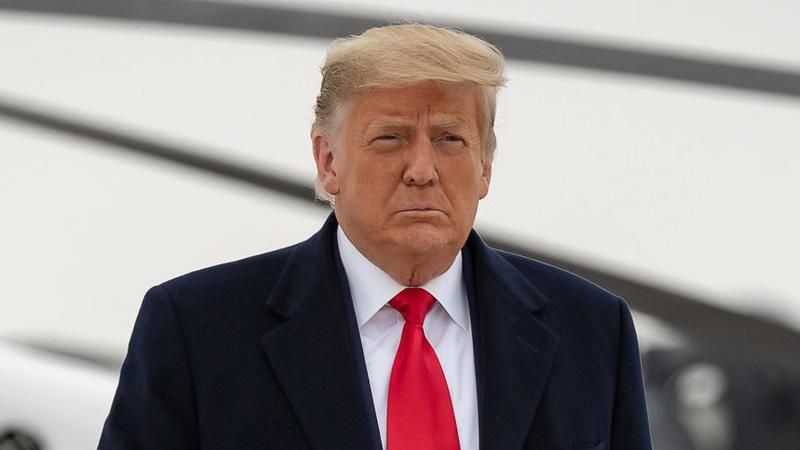Trump's not untouchable — but more importantly the three-judge panel that hammered down his immunity bid has set a deadline he must meet in order to prevent the federal election subversion case from thawing.
The Washington Post's Ruth Marcus penned an Op-Ed that lasers in on the possibly more damning revelation from Tuesday's decision: and that is Trump will need to sprint instead of jog should he want other venues such as the Supreme Court to weigh in on his appeal.
She writes that "the most important thing that happened Tuesday was not contained within the 57-page opinion itself, but in an accompanying order designed to let pretrial proceedings, lately on hold during the immunity appeal, resume as quickly as possible."
ALSO READ: Alina Habba is persona non grata at her Pennsylvania law school
That one-page filing gives the 45th president until February 12, to submit "in writing that he has filed an application with the Supreme Court" to appeal the decision.
Should Trump miss, the case where he stands accused of peddling election mistruths to overturn the results of the 2020 presidential election, could get back on calendar.
The panel determined that the ex-president's immunity bid fell short.
“For the purpose of this criminal case, former President Trump has become citizen Trump, with all of the defenses of any other criminal defendant,” the court wrote. “But any executive immunity that may have protected him while he served as President no longer protects him against this prosecution.”
Staring down federal and state charges, the former president and his various legal teams are being seen as trying to run out the clock.
But Marcus maintains the accompanying order is a go-around any delay tactics and even self-pardon should he win back the White House.
"The order gave Trump only until Monday to start the process of seeking Supreme Court review if he wants to keep the case frozen," reads Marcus' review of the document.
So Trump has to act quickly.
"Bottom line: the clock is once again ticking for Trump, although the original March 4 trial date is off the table," Marcus notes. "Depending on what the Supreme Court does, and how quickly it does it, any trial will wait for at least two months and very possibly longer."
Leave a Comment
Related Post
